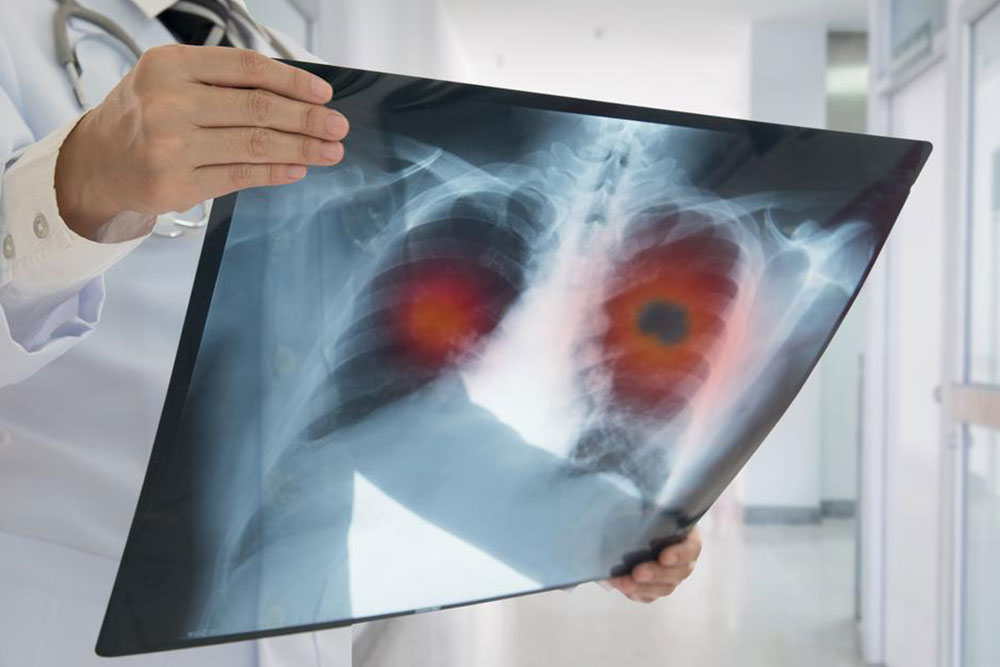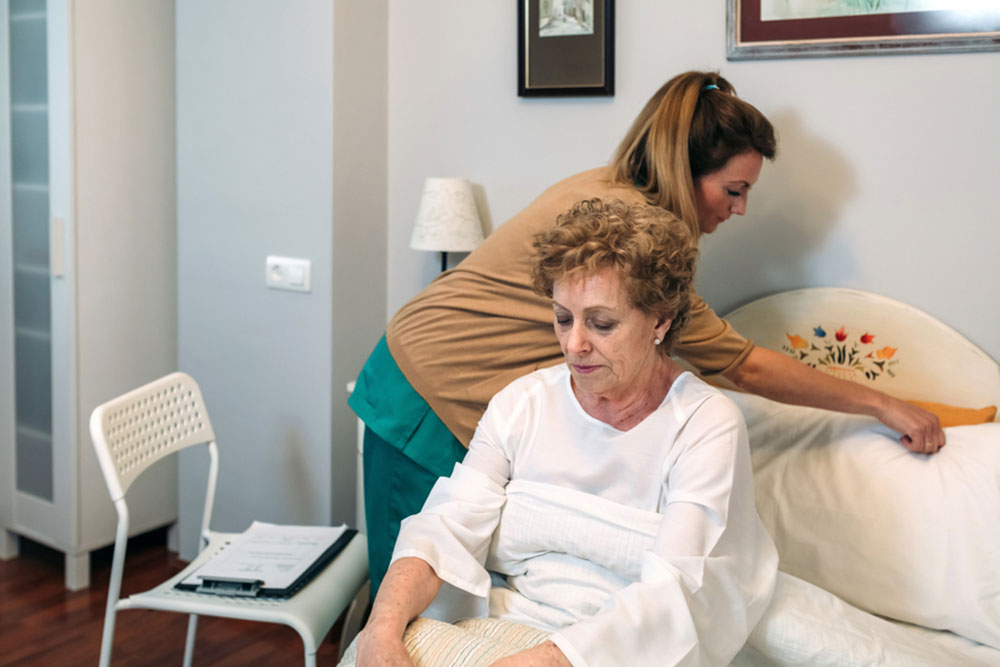How a Cancer Support Hotline Provides Essential Assistance
Discover the vital role of cancer support hotlines in providing emotional comfort, reliable information, practical guidance, and community connections. These services help patients and families navigate treatment, financial concerns, and emotional challenges, fostering resilience and hope during difficult times. Confidential and accessible, hotlines are an essential resource for comprehensive cancer care support.

How a Cancer Support Hotline Provides Essential Assistance
Receiving a cancer diagnosis can dramatically alter a person's life, bringing emotional upheaval alongside medical challenges. Navigating treatment options, side effects, and future planning requires more than just medical care—it demands emotional and psychological support. A dedicated cancer support hotline is a vital resource that offers comprehensive assistance to patients and their loved ones. This article highlights the key advantages of utilizing such hotlines, focusing on the wide-ranging support they deliver.
Emotional Comfort
Immediate Emotional Support
Being diagnosed with cancer can trigger feelings of fear, confusion, and helplessness. A support hotline provides instant emotional reassurance through conversations with trained professionals who understand these struggles.
This direct access to compassionate listening offers comfort, affirms emotions, and alleviates feelings of loneliness.
Unbiased Listening and Empathy
The staff, including volunteers, counselors, and survivors, listen without judgment, creating a safe space for patients to express their fears and frustrations, promoting emotional healing.
Information and Resources
Access to Accurate Data
A primary benefit of support hotlines is providing credible, current information about cancer types, treatments, and available resources. Counselors help explain treatment options, manage side effects, and guide patients through healthcare processes, empowering them to make informed decisions.
Referral Services
Hotlines maintain extensive resource lists, including local support groups, financial assistance programs, and specialized medical centers. Counselors can offer personalized referrals to meet individual needs, ensuring clients have the necessary tools and support systems.
Practical Guidance
Assistance with Healthcare Navigation
Understanding treatment plans, insurance forms, and medical terminology can be intimidating. Support hotlines assist in simplifying these complexities, allowing patients and caregivers to focus on recovery rather than paperwork.
Financial Support
Many families face significant costs related to cancer treatment. Hotlines often provide information on financial aid, insurance issues, and fundraising opportunities to help ease economic pressures.
Psychological Support
Coping Skills
Supporting Families and Friends
Cancer affects more than just the patient; loved ones also need support. Hotlines offer guidance to families on providing emotional and practical help, strengthening the entire support network.
Building Community and Advocacy
Facilitating Support Connections
Many individuals find strength through shared experiences. Hotlines can direct callers to local and online support groups, fostering community ties and mutual encouragement.
Advocacy and Awareness
Hotlines also encourage involvement in cancer awareness and research efforts. Providing information on advocacy groups and events, these services motivate individuals to contribute actively to the cause.
Privacy and Confidentiality
Secure Environment
One of the most reassuring features of hotlines is the assurance of confidentiality, enabling patients to discuss sensitive issues openly without fear of exposure.
Reducing Stigma
The anonymity provided by hotlines helps break down barriers associated with stigma, creating a safe space for honest communication and emotional release.
Overall, cancer support hotlines deliver a holistic support system addressing emotional, informational, practical, psychological, and community needs. They serve as a crucial lifeline for patients and families navigating the complexities of cancer journey, empowering them with essential tools for ongoing resilience and recovery.










